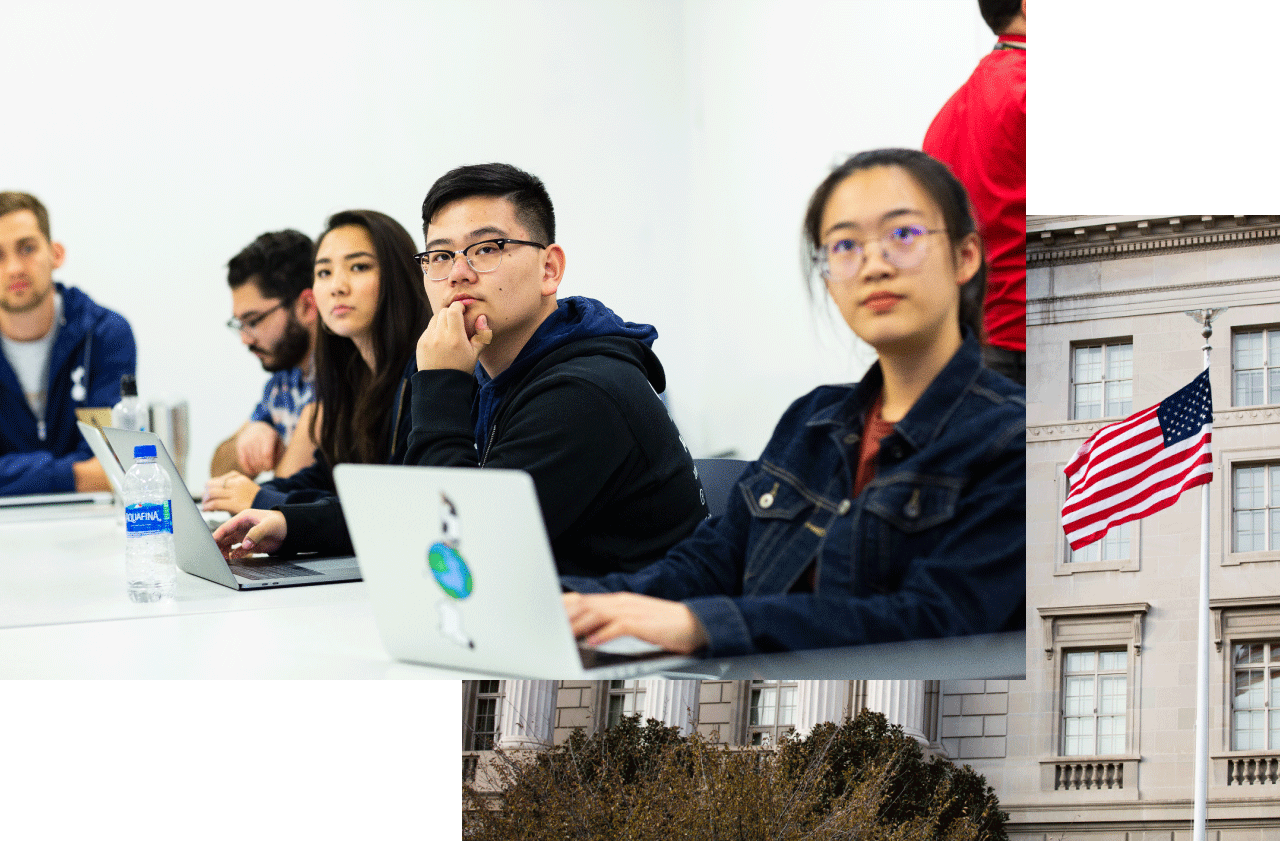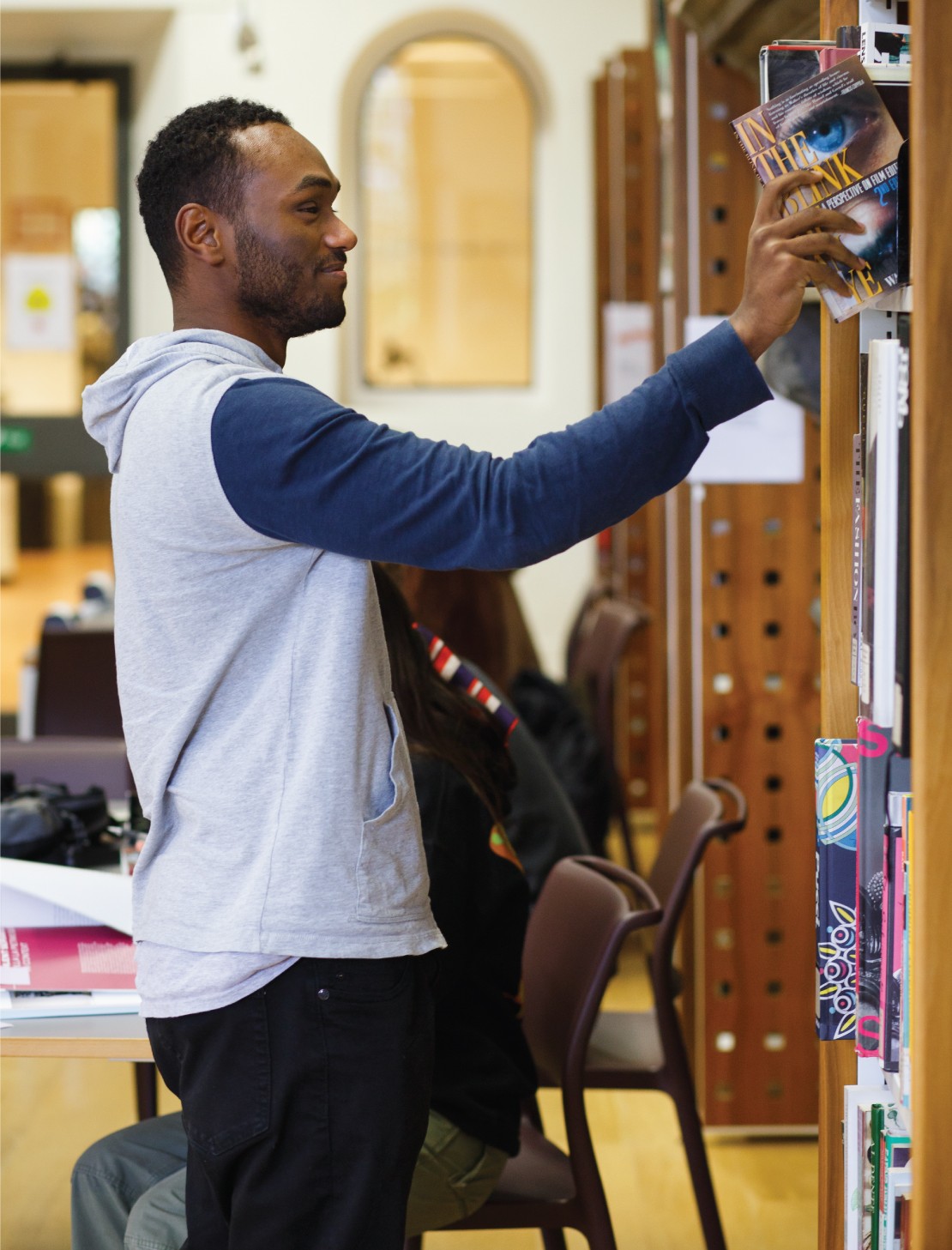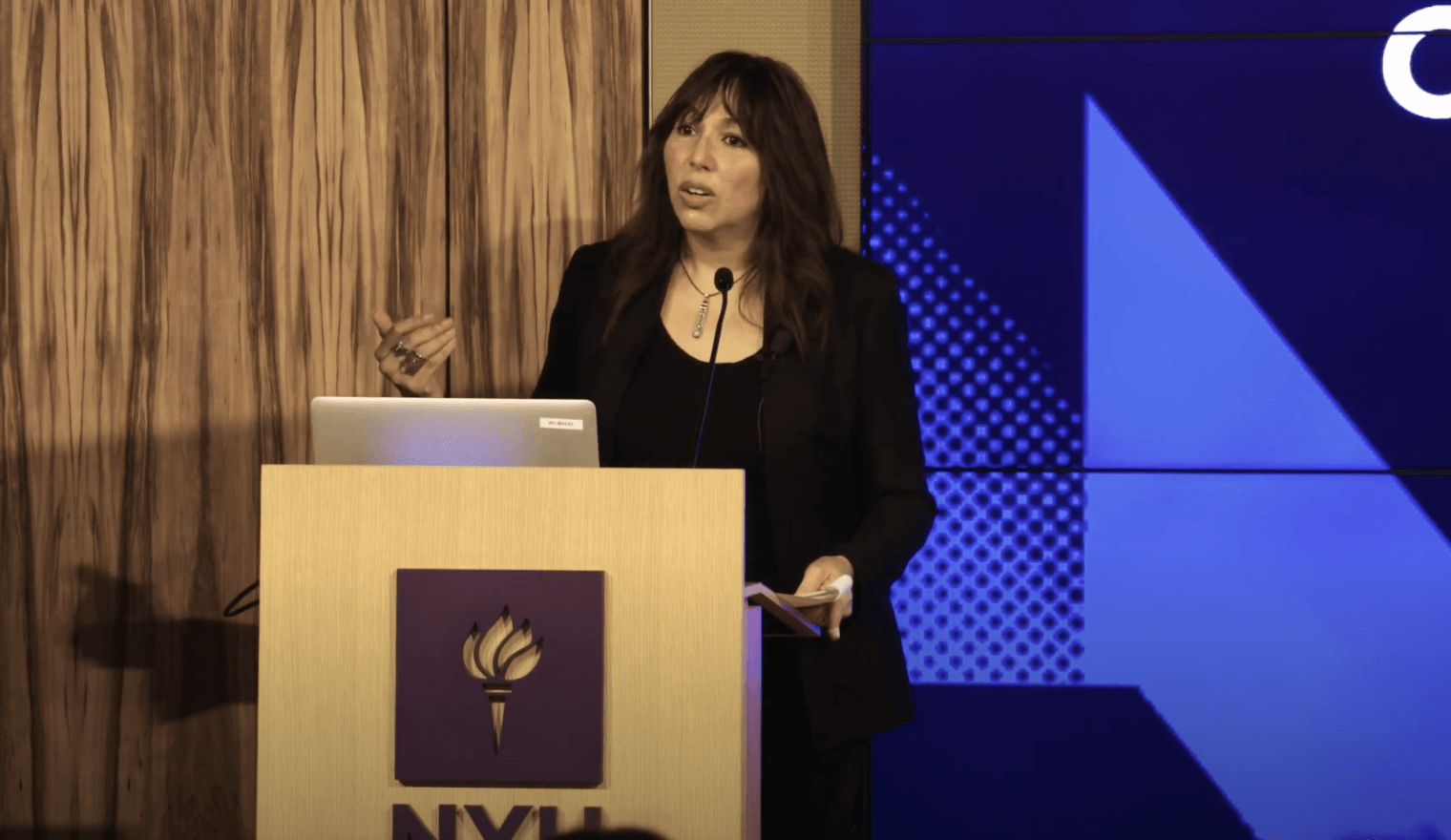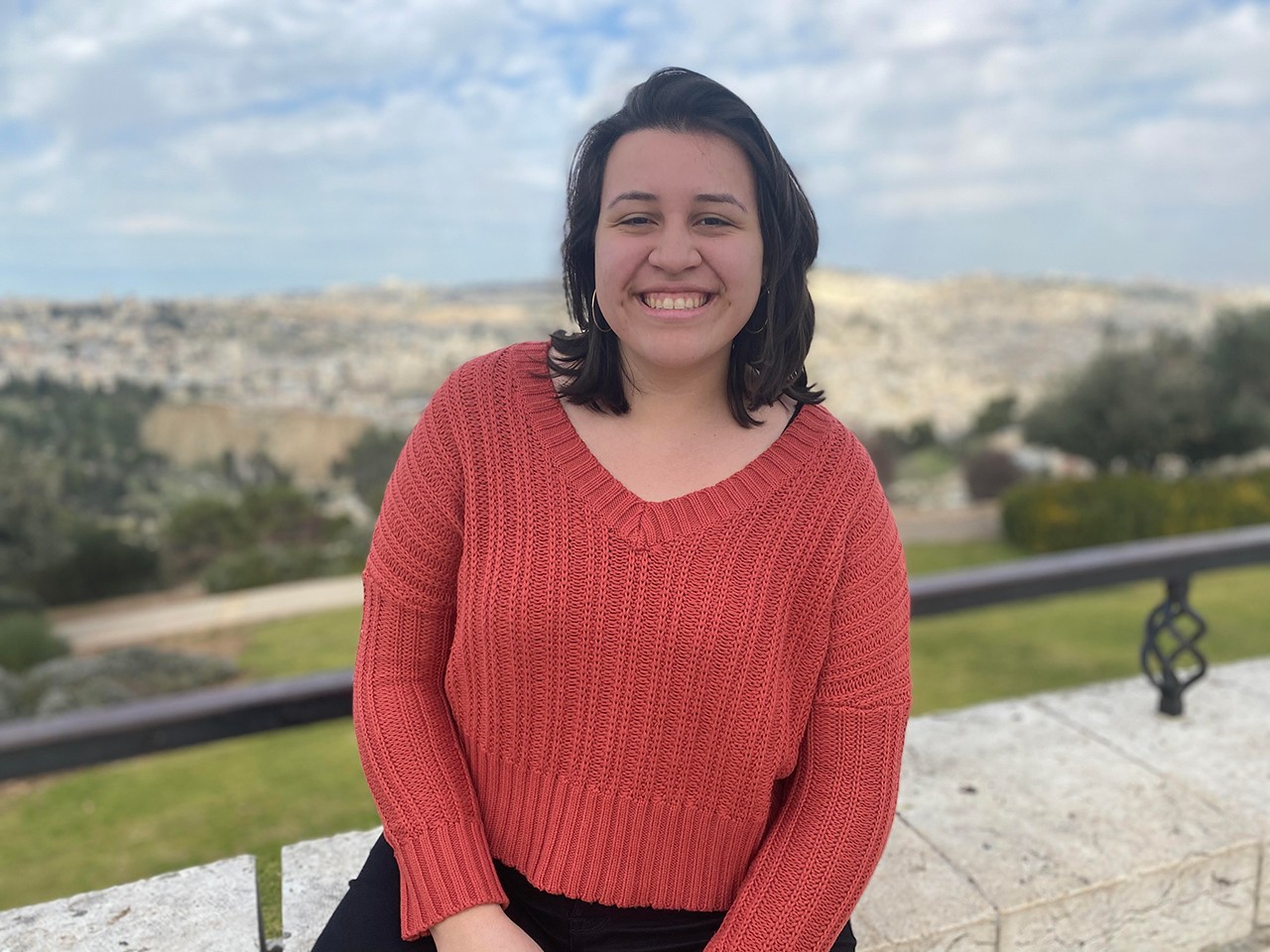The eyes of the world increasingly turn towards the United States, and studying American history, culture, and society is more relevant than ever before. In NYU’s American Studies undergraduate program, which offers an interdisciplinary approach to studying the influence of American power and ideas, students gain an education that reflects the concerns of our current moment.
“American Studies is the oldest interdisciplinary field of study at NYU,” says Andrew Ross. He is a professor of American studies, which is also part of NYU’s Department of Social and Cultural Analysis. He adds that American studies works closely with other programs including Africana studies, Latino studies, Asian studies, and gender and sexuality studies.
“We teach all things American,” says professor Ross. “American Studies used to be inwardly focused on the so-called ‘American experience,’ but scholarship has shifted,” he explains. “Today, we are more international in our orientation, as befits an immigrant culture. Our courses are also intersectional in nature, instead of in separate silos. Students these days are asked to think and act in intersectional ways.”

A Curriculum for the Current Moment
Students in the Department of Social and Cultural Analysis can select American Studies as either a major or minor. Majors begin with introductory courses including Social & Cultural Analysis 101 and Intersections: Race, Gender and Sexuality in US History. Beginning with an intersectional lens sets the tone for a new way of thinking about America.
“Intersections: Race, Gender, and Sexuality is a course that really set the foundation for the essence of this major,” says Merly Lopez, a sophomore American Studies major. “While all of these topics can be reviewed on their own, they are inextricably connected. Thus, they offer themselves to be taught in relation to each other. It widens your scope for understanding how society functions through various complex structures and notions.”
After completing the introductory courses, electives are an opportunity to focus on what matters to Americans today. Students can take courses in urban studies, with spotlights on poverty and gentrification. They can also explore environmental studies, which takes a deep dive into climate change and environmental justice. Even more of-our-moment courses include Debt & Life, Community Empowerment, and Armed Resistance.
The New Understanding of America
Exploring American history and culture helps students better understand its influence and impact on the world at large.
“Our upcoming election is being more closely watched than ever by populations around the world,” says professor Ross. “The George Floyd and Black Lives Matter protests of 2020 have also had an enormous impact around the world. You can’t really understand that without understanding American history and the role race has played in the formation and evolution of this country.”
Africana studies electives include courses from Critical Theories of Punishment to Campaign 2020 Comes to Queens. And through these, American studies majors can gain a deeper and more nuanced understanding of race in America.

Take Your Place in American History
As American history is made in real time, American studies students contextualize the America of the past, present, and future. By gaining a deeper knowledge of a changing America, they can become a greater force for that change.
“I can’t begin to explain how much my course work has informed my perspective on what is currently unfolding both in this country and worldwide,” says Lopez. “This major discusses topics (i.e. wealth inequality, systemic racism, sexism, etc.) that are perpetually relevant. They are at the core of what constitutes America. Now more than ever we get to see how these ideas and concepts that are sometimes only discussed in academia are taking center stage outside of it.”



